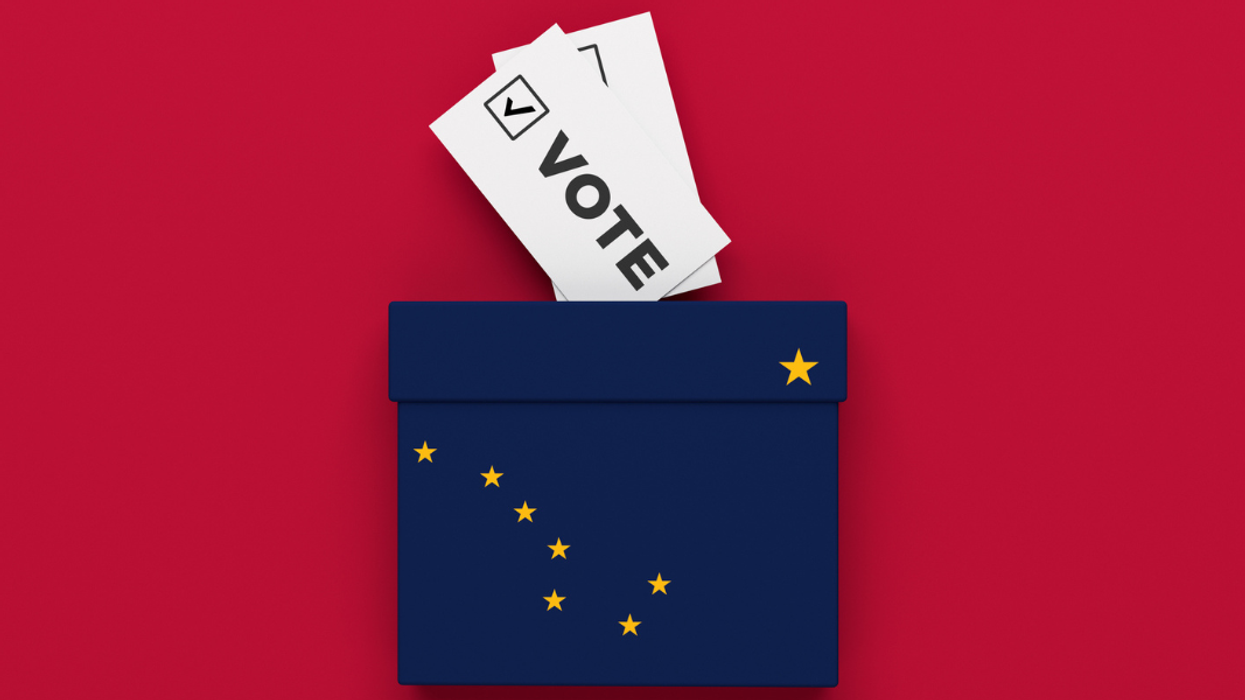Todd Connor and Eric Bronner are Navy veterans and co-founders of Veterans for Political Innovation.
Alaska is a unique state in many ways, including one that may surprise you: Alaska leads the way for election innovation. That’s right: while many states in the lower 48 are stuck with toxic, partisan politics and party-base controlled elections, thanks to the voters, Alaska is doing something different. In the 2020 general election, voters approved an initiative to establish a Nonpartisan Pick One Primary Election system and a top four Ranked Choice Voting General Election system. To see how this system works, you can watch this short video from the Alaska Department of Elections.
This new system, called “Final Four Voting,” empowers registered independents to fully participate in the primary election, instead of just registered Democrats and Republicans. That’s important because according to Gallup’s March 2023 survey, across the U.S. 49 percent consider themselves independent. We suspect the numbers in Alaska are higher.
Of particular interest to us, as military veterans, is that for many years now, close to 50 percent of military veterans have identified as independent (or nonpartisan, unaffiliated) voters. Military veterans want someone in office who is qualified, will do the job, think for themselves and get things done. We prefer work horses over show horses, and that’s exactly what the Alaska election model incentivizes.
A new report from the McKinley Research Group (MRG) finds that Alaskans are generally satisfied with their new nonpartisan voting system. Most voters surveyed found that the new elections were simple, fair, and easy. A majority feel like their choices are better in the general election and that their vote matters more, compared to previous elections. Read a complete breakdown of MRG's findings here.
We’re launching the Alaska Task Force of Veterans for Political Innovation – a non-partisan effort led by military veterans – to get the U.S. out of the toxic political rut we witness every single day in Washington, D.C. We think other states ought to pay attention to what Alaska has done – we think the Alaska election model is the best path to preserving our Republic as we know it. If you want to learn more about our efforts we invite you to us for a happy hour on May 25th at Odd Man Rush Brewing in Eagle River. You can RSVP here.
Together, we can make the last frontier the first frontier for a new, more functional political paradigm. Indeed, Alaska is leading our nation when it comes to powerful, nonpartisan political reforms.



















Trump & Hegseth gave Mark Kelly a huge 2028 gift